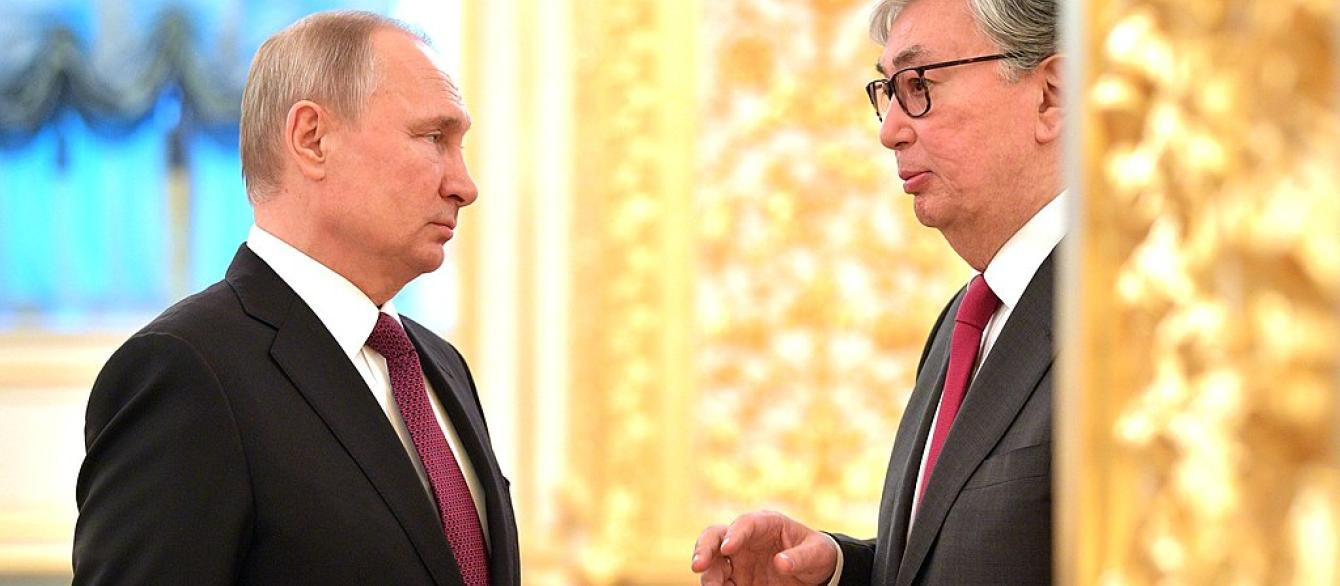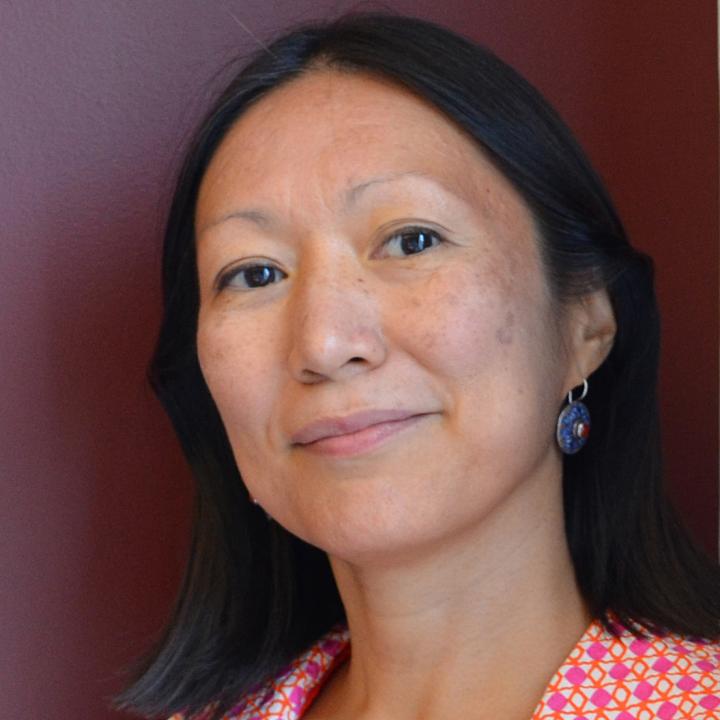This is an excerpt from an article originally published by The Central Asia-Caucasus Analyst.
The dramatic events of 2022—the January unrest in Kazakhstan and Russia’s war against Ukraine—upended the status quo in Kazakhstan-Russia relations. Astana must now address both long-standing vulnerabilities—security, political, and economic—and new pressures in areas such as inter-elite relations (as they shape up in the process of "de-Nazarbayev-ization"), nuclear energy, and history writing. The Tokayev government seeks to accommodate Russia as much as possible while advancing Kazakhstan’s sovereignty, which requires constant adjustments and trade-offs.
* * *
From 1991 to 2021, Kazakhstan-Russia relations remained remarkably stable. Unlike some other post-Soviet capitals, Astana avoided open conflict with Moscow and did not oscillate between Russia and other major powers. Instead, Kazakh policymakers adopted a "multi-vector" approach— diversifying partnerships while deepening ties with Russia. They understood their country’s dependencies and vulnerabilities, shaped by geography and Soviet heritage. They also learned from the difficulties faced by other post-Soviet states, whose actions sometimes provoked Moscow’s punitive responses, such as supporting separatists, media attacks, or import bans.
The adopted formula had worked well until the dramatic developments in 2022. The January (“Qantar”) events in Kazakhstan and Russia’s war against Ukraine upended the status quo. The “de-Nazarbayev-ization” of the political-economic system and the split, albeit with blurry lines, of the elites between the “New Kazakhstan” and “Old Kazakhstan” has the potential to create space for Russia’s interference in the country’s domestic politics. The war rekindled fears of Moscow’s “recollecting lands” impulses and made the balancing act between Russia and the West much more difficult, pushing the country toward greater diversification of its economic, political, and military ties.
The biggest and most important unknown in the observable future is Russia. Are its goals and interests in Kazakhstan and Central Asia changing? Will it modify and toughen its approach? By waging a full-fledged war against Ukraine and incorporating its territories into the Russian Federation, Putin and his government pushed the country onto a new trajectory. In the words of analyst Dmitry Trenin, the “special military operation” became a “breaking point of the foreign policy of contemporary Russia.”






